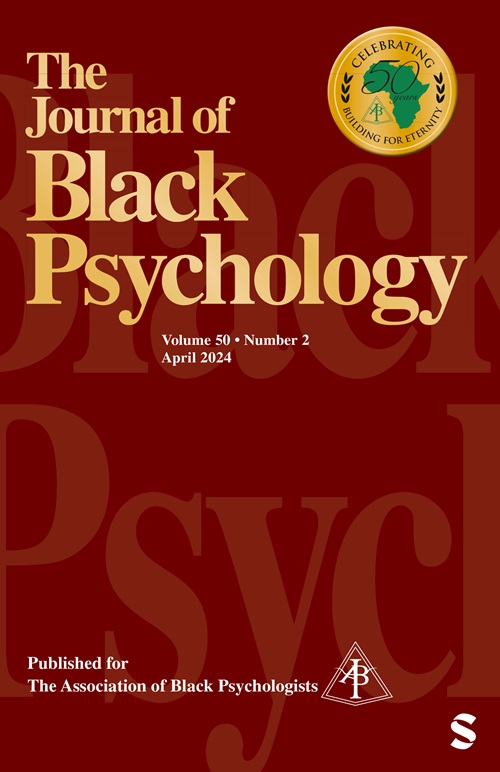黑人青少年和初成人的宗教/精神斗争与心理健康:一项综合研究
IF 2.2
3区 心理学
Q2 PSYCHOLOGY, MULTIDISCIPLINARY
引用次数: 2
摘要
我们进行了一项综合研究,以了解宗教/精神斗争如何与黑人青少年和新兴成年人的心理健康联系在一起,考虑到他们的各种社会人口特征。为了实现这一研究目标,我们回顾并综合了19项研究的定性数据,其中包括大约382名黑人青少年和初成成年人的声音。数据分析采用七步元人种学分析方法。调查结果揭示了三个主题,突出了与黑人青年的宗教/精神斗争有关的消极心理健康的因素:(a)被拒绝和不被爱,(b)被抛弃和被解雇,以及(c)怀疑、脱离和和解。此外,困难的宗教/精神体验嵌套在与典型发展里程碑(即性活动增加和宗教/精神认同发展)和参与者的种族、性别、性取向和心理健康状况(以及相关创伤)相关的背景问题中。在提供文化响应和社会正义导向的心理健康支持时,这种综合为理解和应对黑人青年的宗教/精神斗争提供了基础。本文章由计算机程序翻译,如有差异,请以英文原文为准。
Religious/Spiritual Struggles and Mental Health Among Black Adolescents and Emerging Adults: A Meta-synthesis
We conducted a meta-synthesis to understand how religious/spiritual struggles are linked to Black adolescents’ and emerging adults’ mental health, considering their various socio-demographic identities. To address this research aim, we reviewed and synthesized qualitative data from 19 studies that included the voices of approximately 382 Black adolescents and emerging adults. Data were analyzed using a seven-step meta-ethnography analysis approach. Findings revealed three themes highlighting contributors to Black youths’ negative mental health in relation to their religious/spiritual struggles: (a) Rejected and Unloved, (b) Abandoned and Dismissed, and (c) Doubt, Disengaged, and Reconciliation. Moreover, difficult religious/spiritual experiences were nested within contextual issues associated with typical developmental milestones (i.e., increased sexual activity and religious/spiritual identity development) and participants’ race, gender, sexual orientation, and mental health status (and related trauma). This meta-synthesis provides a foundation for understanding and responding to Black youths’ religious/spiritual struggles when providing culturally responsive and social justice-oriented mental health support.
求助全文
通过发布文献求助,成功后即可免费获取论文全文。
去求助
来源期刊

Journal of Black Psychology
PSYCHOLOGY, MULTIDISCIPLINARY-
CiteScore
8.00
自引率
5.80%
发文量
22
期刊介绍:
The Journal of Black Psychology publishes scholarly contributions within the field of psychology toward the understanding of the experience and behavior of Black populations. This includes reports of empirical research and discussions of the current literature and of original theoretical analyses of data from research studies or programs. Therefore, the Journal publishes work in any of the areas of cognition, personality, social behavior, physiological functioning, child development, education, and clinical application, in addition to empirical research and original theoretical formulations outside traditional boundaries, all integrated by a focus on the domain of Black populations and the objective of scholarly contributions.
 求助内容:
求助内容: 应助结果提醒方式:
应助结果提醒方式:


